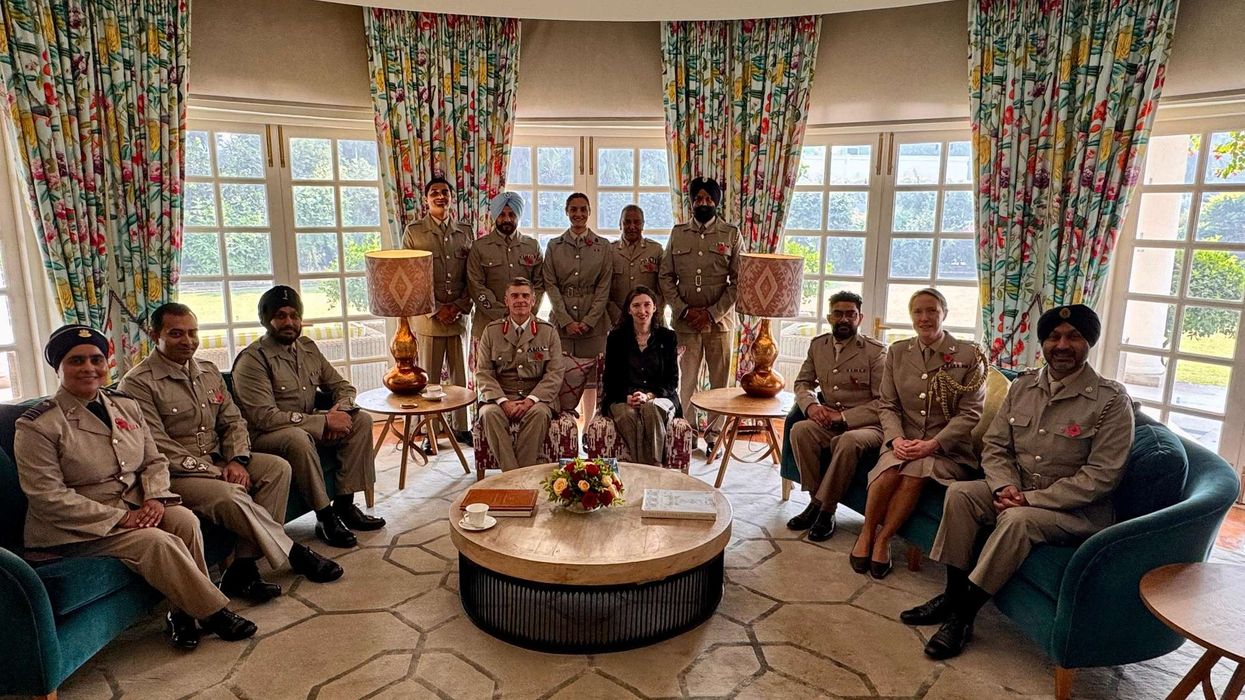By Sunder Katwala
Director, British Future
IN NORMAL times, the Windrush Lessons Learned report would have dominated the national news agenda for days, being among the most extraordinary dissections of a major department that any government has had to publish.
Home secretary Priti Patel published the independent review within a day of receiving it, saying this signalled its importance.
She took care to strike a consensual tone. Patel gave an unreserved apology to the Windrush generation, “men and women who built their lives and their homes in Britain”, suggesting too that she and her Labour shadow Diane Abbott could both find “all too relatable” the review’s findings about the “thoughtlessness and ignorance” of the Home Office’s handling of issues of race.
The key message of the review is that the Windrush scandal should not have taken the Home Office by surprise – because “what happened to those affected was foreseeable and avoidable”. Yet warning signals were consistently ignored, reflecting deep institutional, cultural and policy failures.
The evidence accumulates that the plight of the Windrush generation never engendered the sympathy of officialdom that other British citizens might expect. Race NGOs, led by the Runnymede Trust, are calling for the Equality and Human Rights Commission to use its powers to launch a formal investigation into how the Home Office deals with race.
The report’s key findings are that the Home Office must do more to acknowledge the wrongs done to the Windrush generation, but the lessons cannot be confined to that group. So the Home Office must open itself up to greater external scrutiny and recognise that migration is about people, so policies must be rooted in humanity.
It is a wake-up call to the Home Office, but will it lead to change? The scale of cultural and institutional reform called for may engender scepticism.
Whether the reform agenda succeeds could depend on how the Home Office sees a deeper philosophical question. Must any government choose between control and compassion on immigration – or can an immigration system be effective, fair and humane?
For the past decade, and probably rather longer, both the Home Office and often its critics in civic society have tended to see control versus compassion as a binary choice – you could have one but not both. That was central to why the department turned a deaf ear to warnings about the emerging Windrush scandal.
The British public see it differently. Most people are “balancers” on immigration, and believe that a competent government could combine control, contribution and compassion. Public anger at the treatment of the Windrush generation showed that some politicians misread the public mood by thinking one could rarely get it wrong with the public by being too tough on immigration.
The government has ceased to use the language of a “hostile environment”, though the rebranding of a “compliant environment” is a less rhetorically charged way to emphasise that legal immigration is welcome, and illegal immigration is not. Yet the Windrush scandal arose from unfair enforcement against those whose legal rights in the UK were not properly recognised and protected. The risk of discrimination against legal residents extends elsewhere – if landlords, for example, decide the best way to avoid stressful legal responsibilities to checking status is simply to avoid all migrants and anybody with an ethnic minority name.
Immigration is thought of as a polarising issue, yet low trust in the Home Office is shared by people across political divides. British Future research finds that just 15 per cent of people believe the government handles immigration competently and fairly. Complaints differ – from broken promises on immigration levels to the long delays in making decisions that keep most asylum seekers in limbo for six months, and sometimes much longer.
The Home Office itself has recently been racked by internal conflict, leading to the unprecedented public resignation of the former permanent secretary, Sir Philip Rutnam. His newly appointed successor, Matthew Rycroft, can bring a fresh perspective to the failings highlighted in this review and its recommendations for change.
The review author Wendy Williams’ 30 thoughtful recommendations appear well crafted to institutionalise progress – or at least make its absence easier to spot when reviewed.
Those proposals include the appointment of a migrants commissioner and training Home Office staff in Britain’s history of Empire and decolonisation. She sets out how the notorious complexity of immigration law makes official mistakes more likely, while preventing migrants navigating the system without expensive advice. This is exacerbated by a lack of parliamentary scrutiny of frequent changes to immigration rules.
When normal policy debates can, one day, resume beyond the health pandemic, the government will need to implement its post-Brexit immigration reforms, the biggest changes in immigration policy for half a century.
At this ‘reset moment’, the government should understand its task as rebuilding public confidence in immigration and integration. Williams’ report offers a valuable blueprint for how the dignity and voice of those who come to Britain should be one part of fixing the immigration system, so that control ceases to mean the absence of compassion from which the Windrush generation suffered.

















Home Office’s ‘thoughtlessness and ignorance’ about race criticised